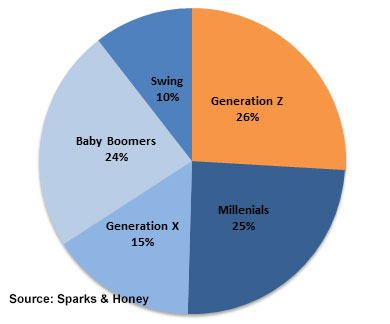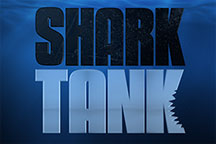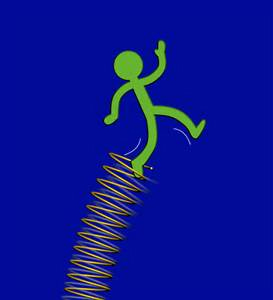One of the most common mistakes made in succession planning is to confuse high performance with high potential. It’s easy to spot a high performer. They are the team members you rely on for last minute sales or to make a difficult deadline. They are your go-to team members. They are the team members you actively work to retain and would even counter-offer if they considered leaving the organization. Because they’re so easy to identify, and we can’t fathom losing them to a competitor, we often push them towards a management route.
Leading a Cohesive Team Past Groupthink
So many examples of poor decisions can be traced back to groupthink. From the bombing of Pearl Harbor to the Bay of Pigs and the Challenger disaster—each of those infamous moments in history could have been avoided if special attention was devoted to preventing groupthink. Much of the research on the topic was developed by Irving Janis, who defined groupthink as “…a mode of thinking that people engage in when they are deeply involved in a cohesive in-group, when the members’ striving for unanimity overrides their motivation to realistically appraise alternative courses of action.”
Here Comes Gen Z
Just when you got used to leading millennials, the game is getting ready to change again. Gen Z (currently comprised of 3 to 20 year olds) may seem like “just kids” to you now, but they’ll be applying for openings on your team before you know it. Gen Z now accounts for about 7% of the workplace and by 2019 there will be 30 million employed members of Gen Z. Companies are already strategizing how to attract this new talent pool, so you need to start thinking about how you’ll lead this unique demographic.
Leadership Lessons from the Shark Tank
Whether you’re an aspiring entrepreneur or just an avid reality TV fan, I would argue there’s no better show on TV for “edutainment” value than the Shark Tank. Each week, entrepreneurs enter the tank in hopes of securing an investment from one or more of the Sharks (Mark Cuban, Daymond John, Barbara Corcoran, Kevin O’Leary, Lori Greiner, and Robert Herjavec). The entrepreneurs start with their well-rehearsed (and often entertaining) pitch and then quickly launch into answering rapid fire questions from the investors. Whether you’re an aspiring entrepreneur or a leader in the corporate world, there is so much to learn … Read More
The Secret Benefits of Being a Mentor
Being a mentor to an emerging potential leader is truly an honor. By virtue of being asked to mentor someone, it means you have achieved recognizable success and have gained experience worthy of being passed on to a mentee. However, many people shy away from the responsibility of being a mentor because they assume the time and energy required for the role will be a drain. What those individuals fail to realize is that while mentoring naturally requires you to give your time, energy, and advice, you also get many benefits in return.
Resilience: The 21st Century Workplace Skill
Many of us grew up learning the 3 R’s throughout our education (reading, writing, and arithmetic). However, as technology changed and the needs of the workforce became more complex, educators realized the true skills necessary for success had changed as well. For the past decade, educators have been focused on teaching the four C’s that have been deemed 21st Century Workforce Skills. The 4 C’s necessary for workforce readiness are critical thinking, communication, collaboration, and creativity. Many organizations report that, despite higher education’s focus on the 4C’s, new graduates still lack basic proficiency in these areas.






